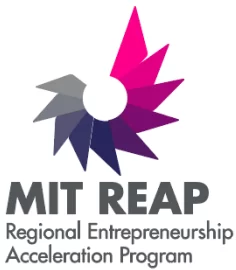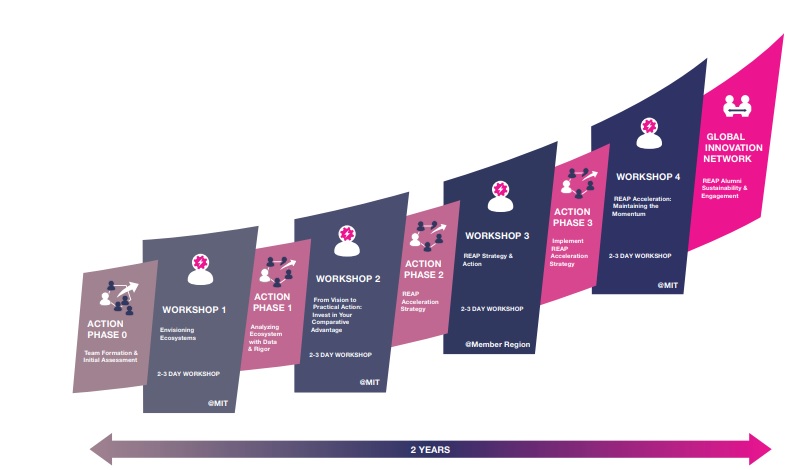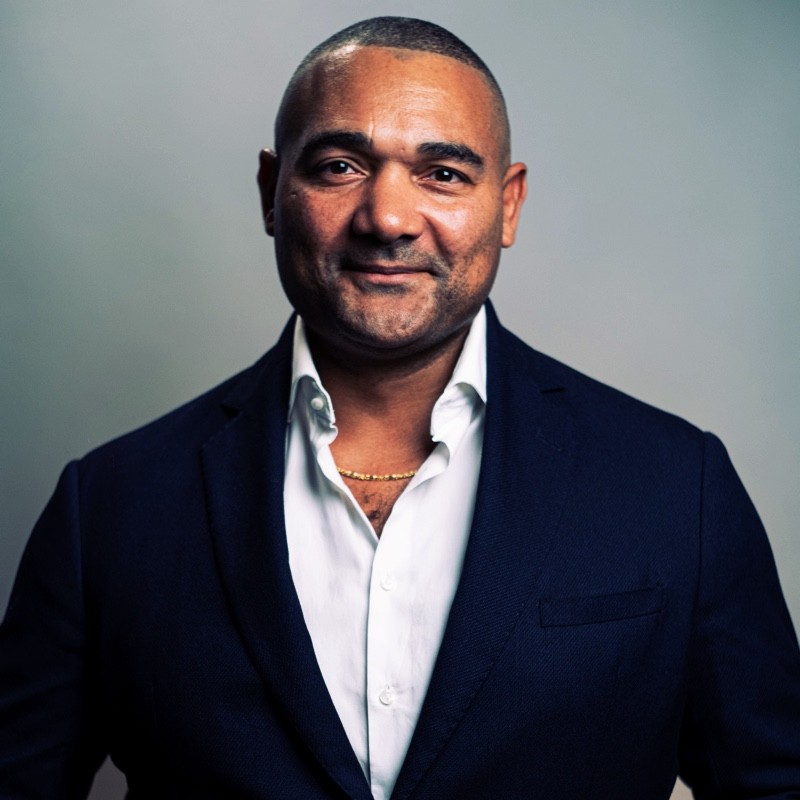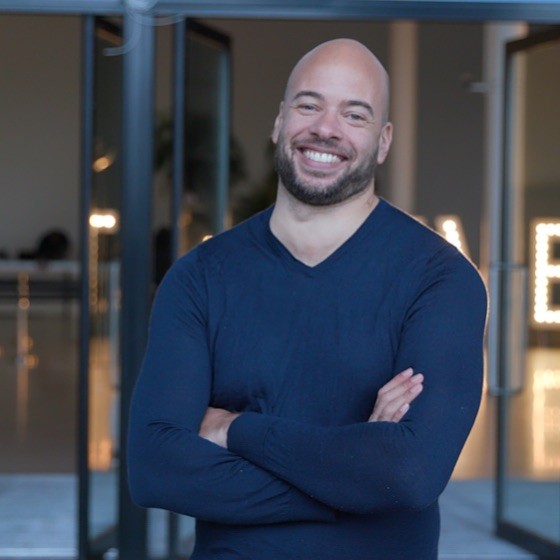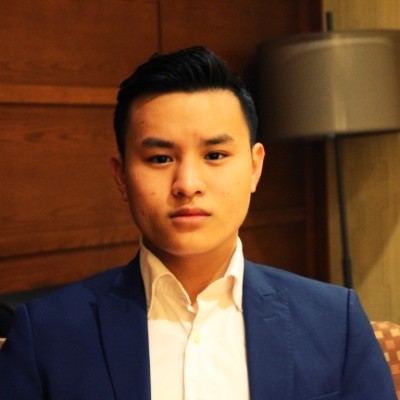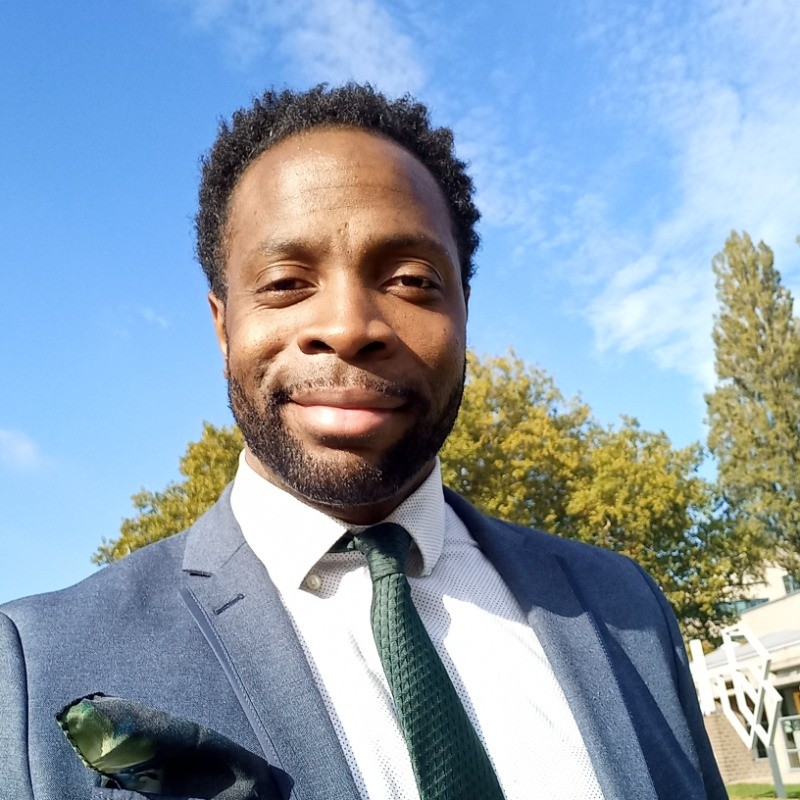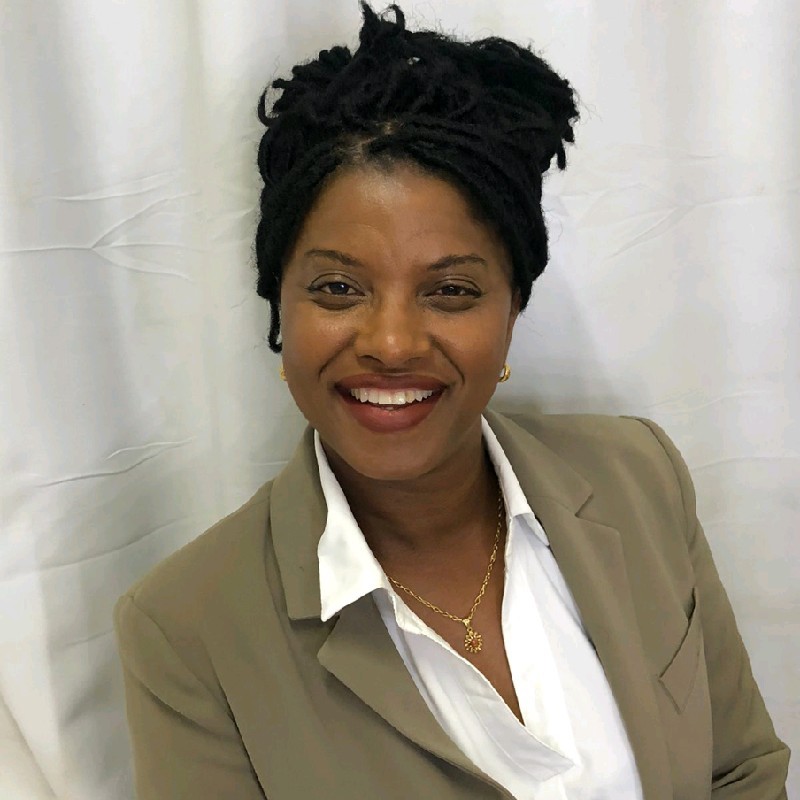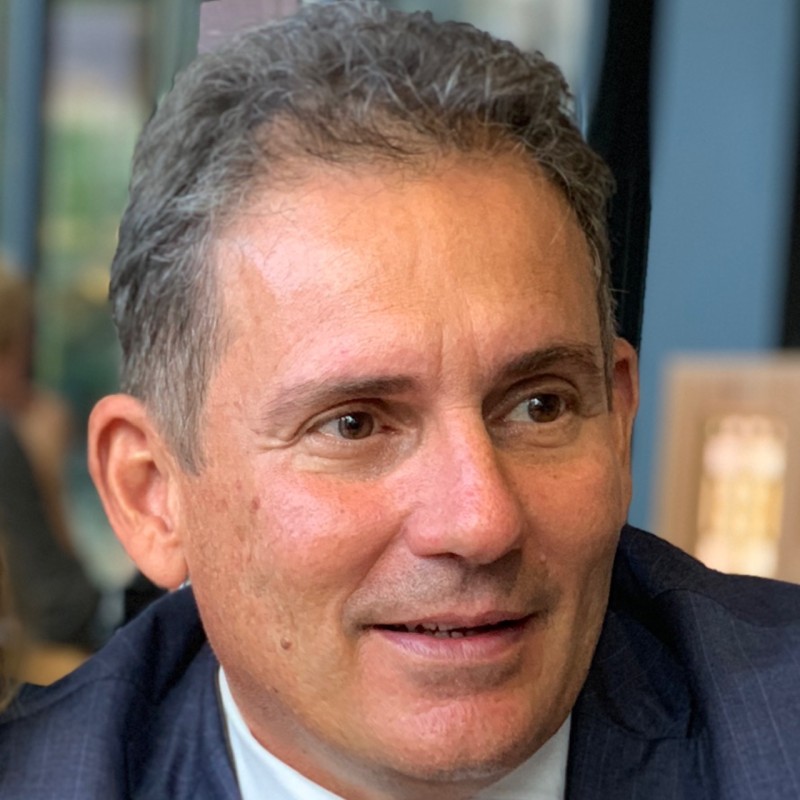The MIT REAP program aims to catalyze economic development by fostering a culture of innovation and entrepreneurship within participating regions, ultimately leading to sustainable growth and prosperity.
We will briefly explain the overall breakdown of the program, who will be representing Suriname and what it all can mean for everyone. Additionally it needs to be noted that we’re open to collaborate with local organizations, to ensure complete transparency and involvement of all relevant parties.
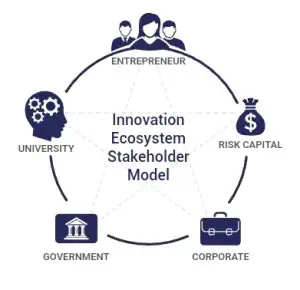
Regional teams of 5-8 leaders drawn from 5 stakeholder groups (government, risk capital, universities, entrepreneurs, and corporations) work
collectively with one another, with others from their region, with MIT thought leaders and with other teams to build an action-based strategy for change.
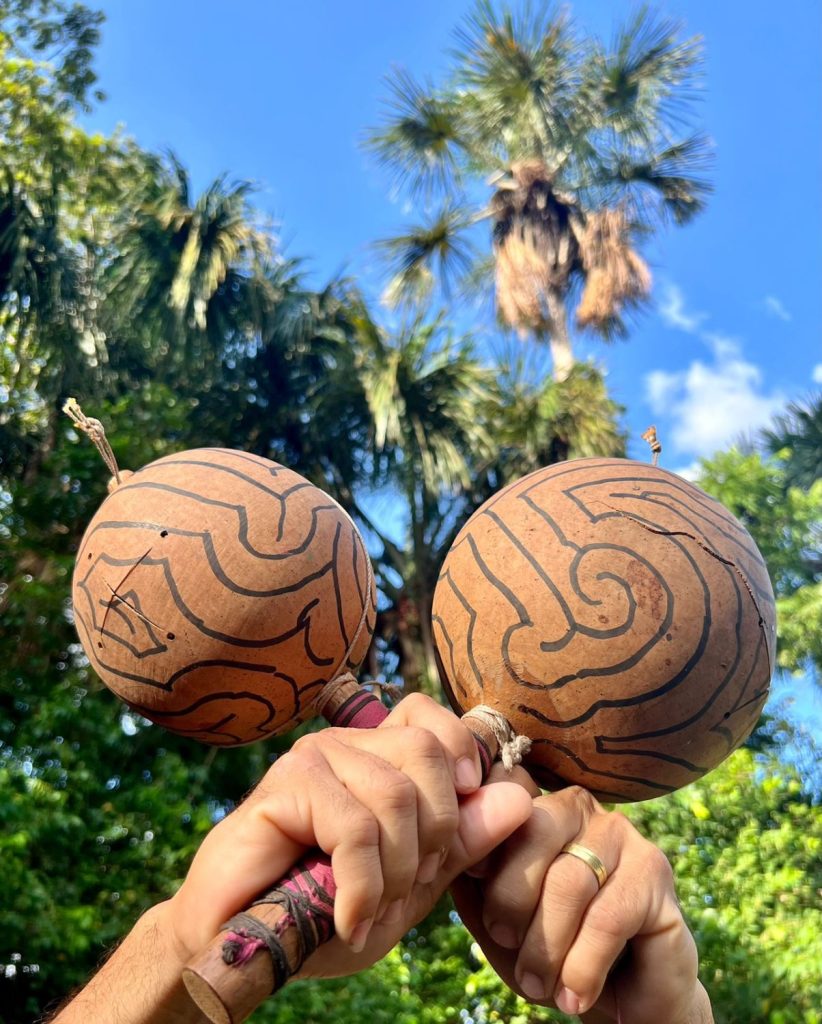
This hybrid educational, economic development, and convening program at the Massachusetts Institute of Technology (MIT) ultimately enables regional stakeholders to accelerate economic growth and social progress. At its core, the program draws on MIT research that emphasizes an ‘innovation ecosystem’ framework focused on the distinct yet interdependent roles of innovative capacity (the ability to develop new technology) and entrepreneurial capacity (the ability to scale startup businesses). It builds on evidence that successful regions link entrepreneurship and innovation to uncover a comparative advantage through innovation-driven entrepreneurship (IDE).
Teams build their activities in five phases over
the course of two years. First, they build their team and then undertake a
systematic, data-driven, regional assessment to
measure their innovation ecosystem’s “as-is-state”.
.
They then develop a clear understanding of their
potential comparative advantage as an innovation
ecosystem. In the later phases, they develop a
strategy and build an organization to sustain ongoing collective action. Regional leaders, not MIT
faculty, determine what their region needs and how
best to implement their chosen strategy.
Global in focus, the program is structured to allow
MIT faculty and staff to engage deeply with regions
worldwide, to share cutting edge research and best
practices, and to learn from (and disseminate)
lessons learned. Participants ‘learn by doing’ and
benefit greatly from MIT, past Cohort mentorship,
and current Cohort community building.
